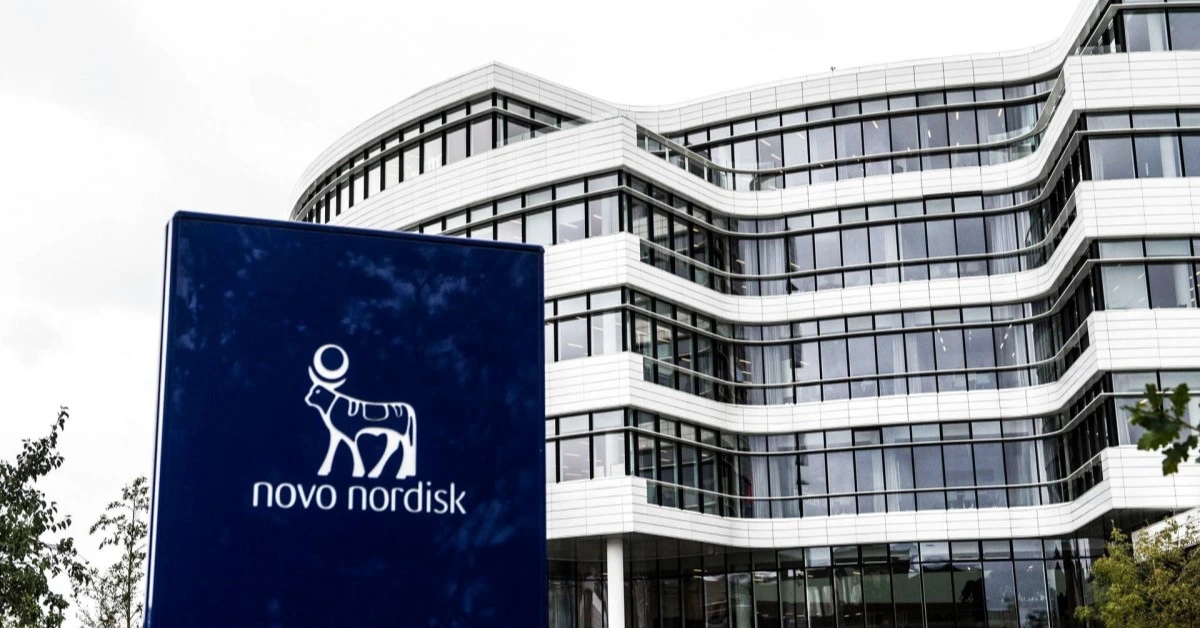
USA – The U.S. FDA has removed semaglutide, including Novo Nordisk’s 0.25 mg starter dose of Wegovy, from its shortage list, making all doses now available in the U.S.
This follows less than a month after Eli Lilly’s tirzepatide was similarly delisted, signaling a possible resolution to the multi-year shortages of these crucial medications.
Novo Nordisk confirmed that it is now consistently shipping all doses of both Wegovy and its type 2 diabetes counterpart, Ozempic, to wholesalers across the U.S.
“Our intentional approach to gradually increase supply into the U.S. market is working,” said a company spokesperson.
The Danish pharmaceutical giant attributes this turnaround to substantial investments in manufacturing capacity and ongoing communication with the FDA.
Despite this achievement, Novo Nordisk advised that some patients might still encounter temporary difficulties when filling prescriptions at individual pharmacies, even though the medication is not officially in shortage.
“Supply variability at specific outlets is expected, regardless of a drug’s status,” the company emphasized.
Background on the shortage
The semaglutide shortage, which began in early 2022, was fueled by soaring demand and complications at contract manufacturing sites.
Ozempic, originally intended for type 2 diabetes treatment, saw a surge in off-label use for weight management.
The introduction of Wegovy in 2021, specifically approved for obesity treatment, was met with immediate high demand that strained supply.
While the U.S. market shows promising signs of stability, Novo Nordisk continues to face challenges abroad.
The European Medicines Agency (EMA) recently highlighted that heightened demand and limited manufacturing capacity have caused periodic shortages of Ozempic across Europe, a situation expected to persist into the fourth quarter of 2024.
Manufacturing investments and future plans
To strengthen its production capabilities, Novo Nordisk has embarked on an aggressive expansion plan.
In June, the company announced a US $4.1 billion investment to establish a second fill-finish facility at its Clayton, North Carolina campus.
This project is part of a broader US $6.8 billion investment in 2024, a substantial increase from the US $3.9 billion spent in 2023.
Additionally, Novo Holdings, the parent company, disclosed plans to acquire contract manufacturer Catalent for US $16.5 billion, with Novo Nordisk purchasing three Catalent sites for US $11 billion post-acquisition.
These efforts aim to support the company’s growing GLP-1 production and future market needs.
Ongoing rivalry and legal challenges
Novo Nordisk’s competition with Eli Lilly remains fierce, as both companies navigate supply constraints and soaring demand for their respective GLP-1 treatments.
Earlier this month, the FDA’s removal of Lilly’s Mounjaro and Zepbound from the shortage list drew criticism from compounding pharmacies, which had stepped in to meet market demand.
The Outsourcing Facilities Association (OFA) even filed a lawsuit, claiming that the FDA’s decision was “reckless and arbitrary.”
The FDA later indicated that compounders could continue producing their versions while it reviews the availability of active ingredients.
Novo Nordisk has also been proactive in combating unauthorized versions of its medications.
Last week, the company asked the FDA to add semaglutide to its Demonstrable Difficulties for Compounding (DDC) list, ensuring that only FDA-approved products reach patients.
“Novo Nordisk’s aim with this nomination is to ensure that patients receive only FDA-approved, safe, and effective semaglutide products,” stated a company spokesperson.
XRP HEALTHCARE L.L.C | License Number: 2312867.01 | Dubai | © Copyright 2025 | All Rights Reserved